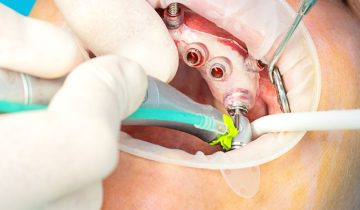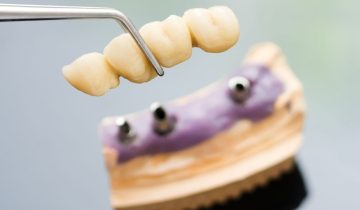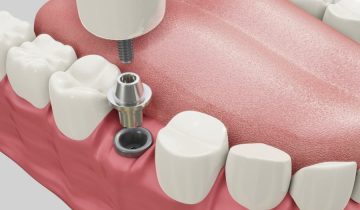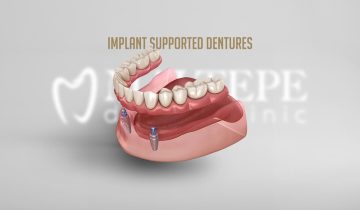Last updated on January 30th, 2024
Although there are numerous innovations and developments in dentistry, complications and failures are always going to be an issue. There are more than 20 factors that are to blame for dental implant problems following surgery, according to a study published in the National Journal of Maxillofacial Surgery, in 2020. Therefore, knowing about the potential complications and factors leading to them is of great importance.
In this article, you will read about the potential risks, symptoms, and some practical advice to minimize the problems with dental implants.
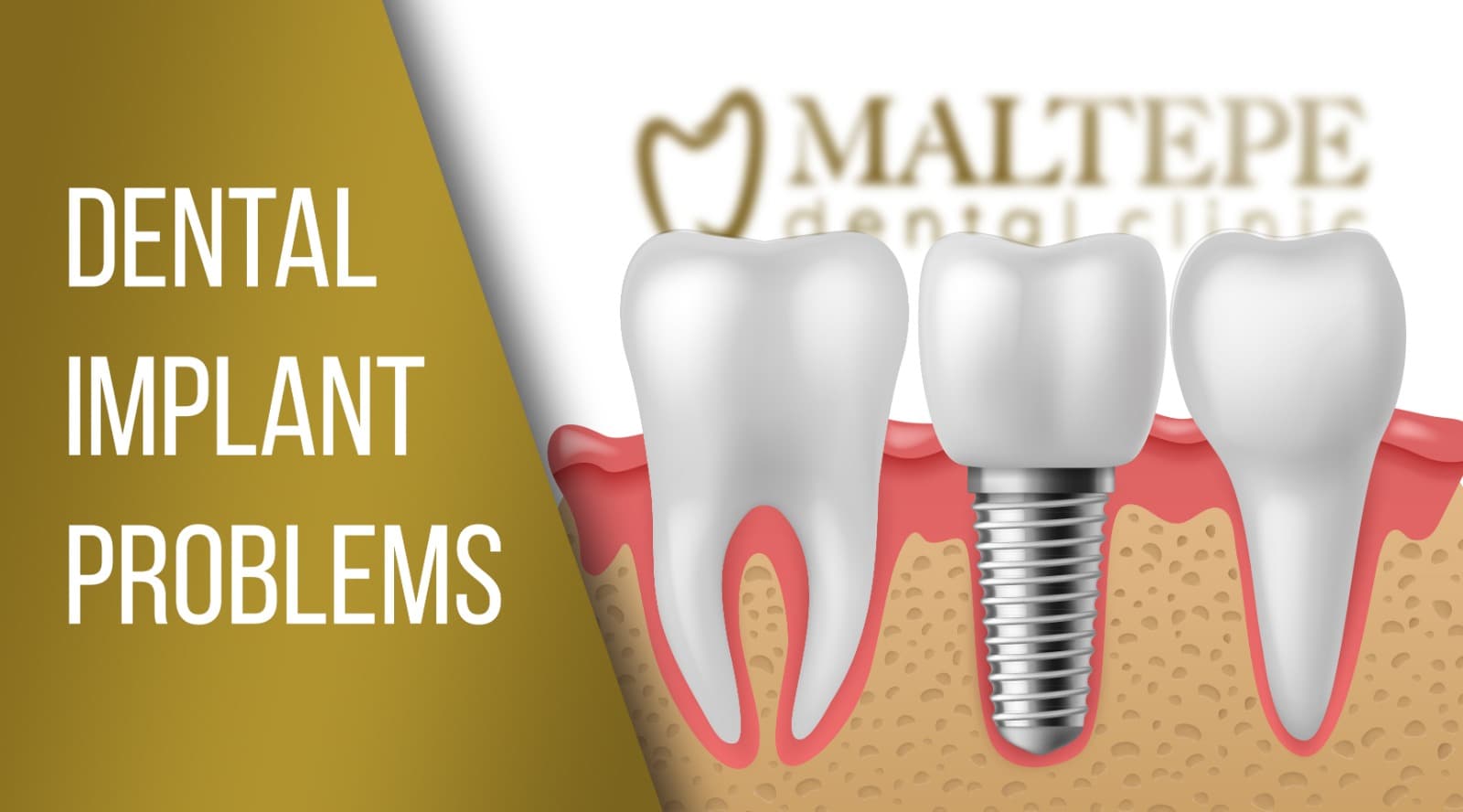
What Are Common Problems With Dental Implants?
The great majority of the patients getting dental implants are satisfied with the results, and their teeth are healthy, well-functioning, and good-looking. However, there may still be some complications after getting dental implants. Fortunately, taking care of dental implant problems is not a big deal in most cases. Here are the most common issues:
Infection
There might be infections, like peri-implantitis, after implant surgery. This is a rare but significant indicator that you should see your dentist as soon as possible to save your implant.
Vessel, Teeth, or Tissue Damage
The gums can get damaged during surgery, which results in loose implants and teeth. It is usually a painful complication, and you should go to the dentist immediately.
Nerve Damage and Tingling Sensation: The feeling of tingling or numbness might be a result of nerve damage due to the implant surgery. The risk of nerve damage can be eliminated simply by taking an X-ray of the jaw.
Issues With Sinuses
Dental implants in the upper gums could possibly lead to dental implant sinus issues. It is usually the result of a misplaced implant. X-rays can help the dentist see the area more clearly before fixing the implant in place.
Implant Fracture
Biting or chewing hard foods with the implant tooth can result in fractures in the tooth. If you have this problem, you need to go to the dentist to replace it with a new one since it is not possible to fix it at this point.
Is Dental Implant Failure Common?
According to a study published in Clinical Implant Dentistry and Related Research, in 2009, the rate of failure in implants is approximately 5-10%. The study also notes in regard to dental implant failure, one should distinguish between the hosts’ issues and the peri-implant microbial environment. In other words, if you already have certain dental issues, implant surgery may create further problems.
What Are The Factors That Impact Dental Implant Success?
There are some factors that might have an impact on the success rate of dental implant surgery. The most significant ones are as follows:
- Gum Disease
- Smoking
- Jawbone Loss
- Certain Medical Conditions
- Poor Dental Care
- The Eligibility Of The Surgeon And Equipment
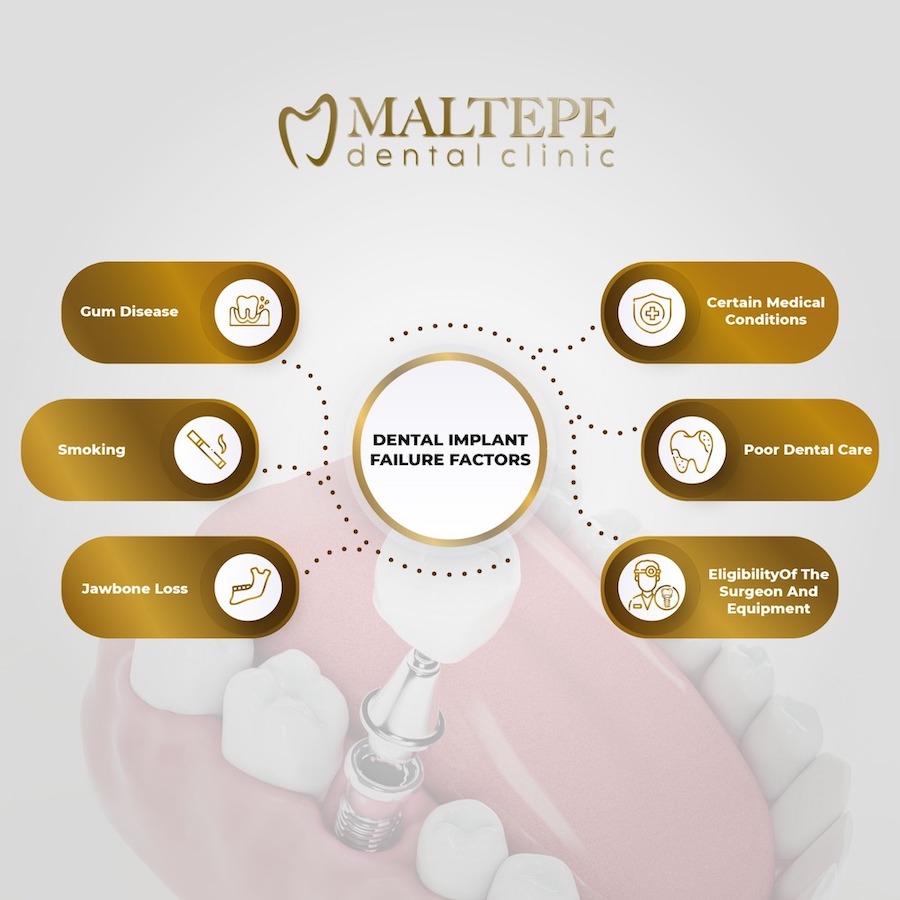
Gum Disease
Healthy gums are very important for a dental implant. If the gum tissue is infected, the infection can develop around the implant. Once the infection surrounds the implant, the gum tissue swells, which is accompanied by the feeling of tenderness. Moreover, the implant loses support and becomes loose.
Smoking
Healthy blood circulation is the key to better and faster healing. Since smoking restricts blood flow, gums cannot recover from the surgery as fast. Therefore, smokers are strongly advised to stop smoking a week before the dental implant surgery. Otherwise, the failure rate may increase up to 20%.
Jawbone Loss
Certain health conditions, such as osteoporosis, might be a factor in bone loss in terms of density and volume. However, dental implants need a lot of support from the jawbone to function properly. If the patient has a healthy and plentiful jawbone, it is much easier for the dentist to place an implant into the jaw. Otherwise, the procedure gets more complicated and the risk of failure increases.
Certain Medical Conditions
Osseointegration is the process in which the implant fuses and integrates into the jawbone. Unfortunately, diseases like rheumatoid arthritis or diabetes can slow down this osseointegration period.
Also, some medications can affect the success rate of the implant treatment. For example, it has been claimed that heartburn medications and antidepressants have negative effects on the healing process of dental implants.
Poor Dental Care
Oral hygiene is another factor that might affect the success rate of dental implants. Though some people do not care much about their oral cleanliness, there are some who have limitations and cannot achieve decent oral hygiene by themselves. Such limitations should be considered thoroughly before getting the implant treatment.
The Eligibility Of The Surgeon And Equipment
Finally, the experience and competency of dental professionals are of great importance, especially when there are issues with the patient’s gum tissue or jawbone to overcome. Also, even if the conditions are straightforward before or during the surgery, the equipment used during the surgery and the surgeon’s ability to make use of them are highly important in the success rate of implant surgery.
What Are The Signs Of Dental Implant Failure?
Though it is rare, patients should know about the signs of dental implant infection even before getting the treatment. Here are the most common problems that can signal an implant failure:
- Difficulties in chewing
- Inflammation in gums
- Gum recession
- Swelling and irritation
- Loose implant
- Discomfort and pain
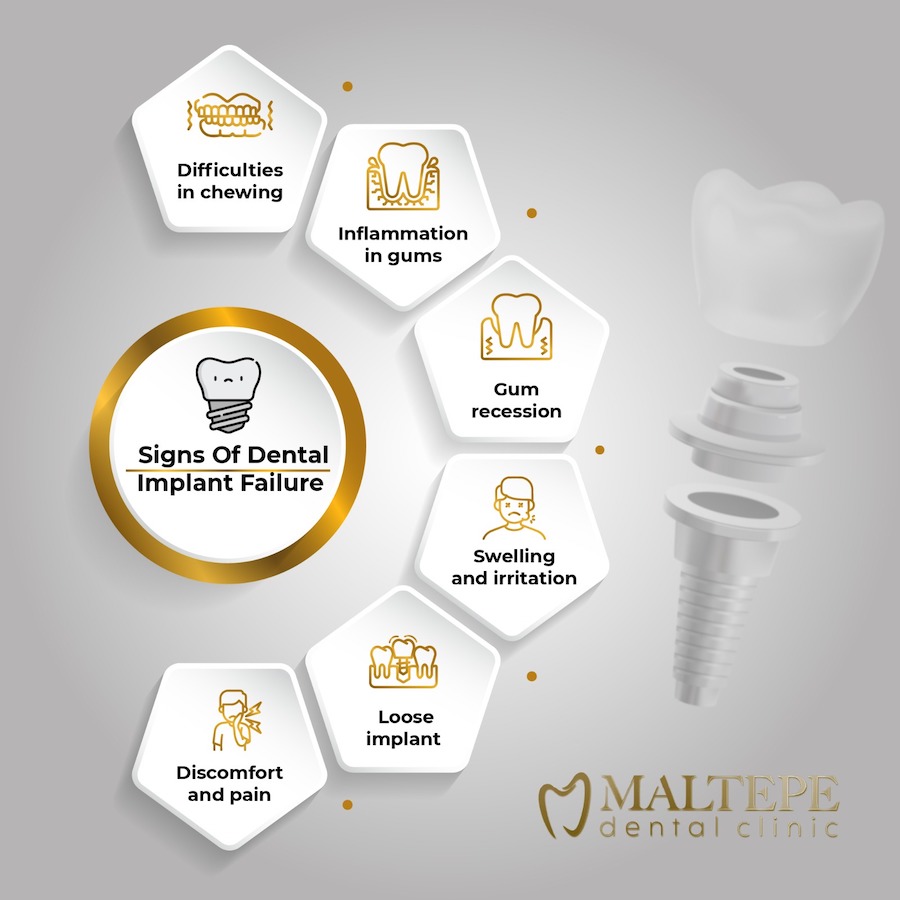
What Are Early Dental Implant Complications?
Some patients might experience problems shortly after dental implant surgery. Though feeling discomfort and a little pain are natural and normal, a small number of people might have more serious issues which are signs of early dental implant failure. The most common early dental implant complications are:
- Implant site infection
- Micro-movements of the implant
- Insufficient Bone
- Allergy
What Are The Late Dental Implant Complications?
In some cases, although the initial stage immediately after the surgery was good, there might be late dental implant complications. Here are some of the symptoms of late dental implant failure:
- Tissue or nerve damage
- Rejection of the implant by the body
- Implant protrusion to the sinus cavity
How To Care For Dental Implants?
Practicing decent dental care is, of course, highly important. But what can you do to maintain your oral health after getting dental implants? Here is a list of simple but effective ways to care for dental implants:
- You should use a soft-bristled toothbrush and be brushing twice a day.
- You should floss daily.
- You should avoid foods or drinks that are abrasive and intense in flavor.
- You should avoid hard and sticky foods like candies, carrots, caramel…etc.
- You should avoid alcohol and smoking.
- You should visit your dentist for regular check-ups.
- You should follow the aftercare routines and medications prescribed by the dentist.

